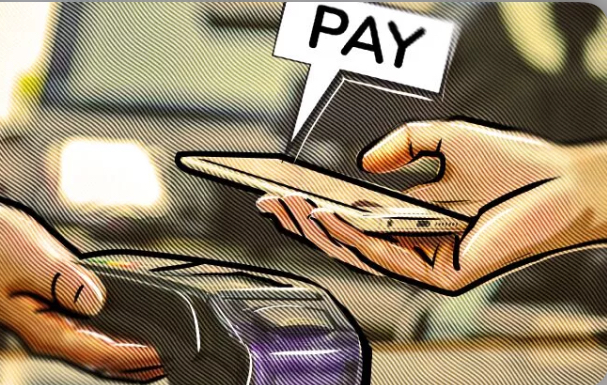TBD will enable USDC stablecoin cross-border payments and self-custody.
The firm will support the USDC stablecoin for a number of use cases.
Jack Dorsey’s payment company Block’s subsidiary TBD has teamed with Circle. In order to develop open standards and open-source technology. This will facilitate the widespread use of digital currencies in a variety of financial applications. TBD will enable USDC stablecoin cross-border payments and self-custody.
In a tweet published on September 29th, Jack Dorsey’s TBD announced a collaboration with Circle. To facilitate international payments and self-custody of the USDC stablecoin. Block’s Bitcoin division is working to pave the way for widespread usage of Bitcoin. And other digital currencies in everyday financial transactions throughout the world.
TBD stated:
“We’re partnering with Circle to solve some of our biggest money challenges, including decentralized, global on-and-off-ramps between fiat and crypto worlds that can power global use cases from cross-border remittances to self-custody of stablecoins.”
Stablecoin Adoption on Rise
Chief Operating Officer at TBD Emily Chiu thinks Bitcoin has the potential to challenge the U.S. dollar’s supremacy as a reserve currency in the future. The stablecoin, on the other hand, will serve as a connecting mechanism between them.
To make it simpler for developers to create applications that make use of Block’s tbDEX protocol and its Web5 decentralized identification platform, TBD will support the USDC stablecoin for a number of use cases. Self-custody wallets for USD-backed stablecoins is one example, while others include bridging the gap between conventional payment methods and digital assets for individuals and companies alike, as well as instant, low-cost international transfers.
It’s no secret that Argentina and Turkey, among others, are seeing their currencies decline due to U.S. inflation and monetary tightening. A new option for financial transactions like sending money home or putting money away is stablecoins.

